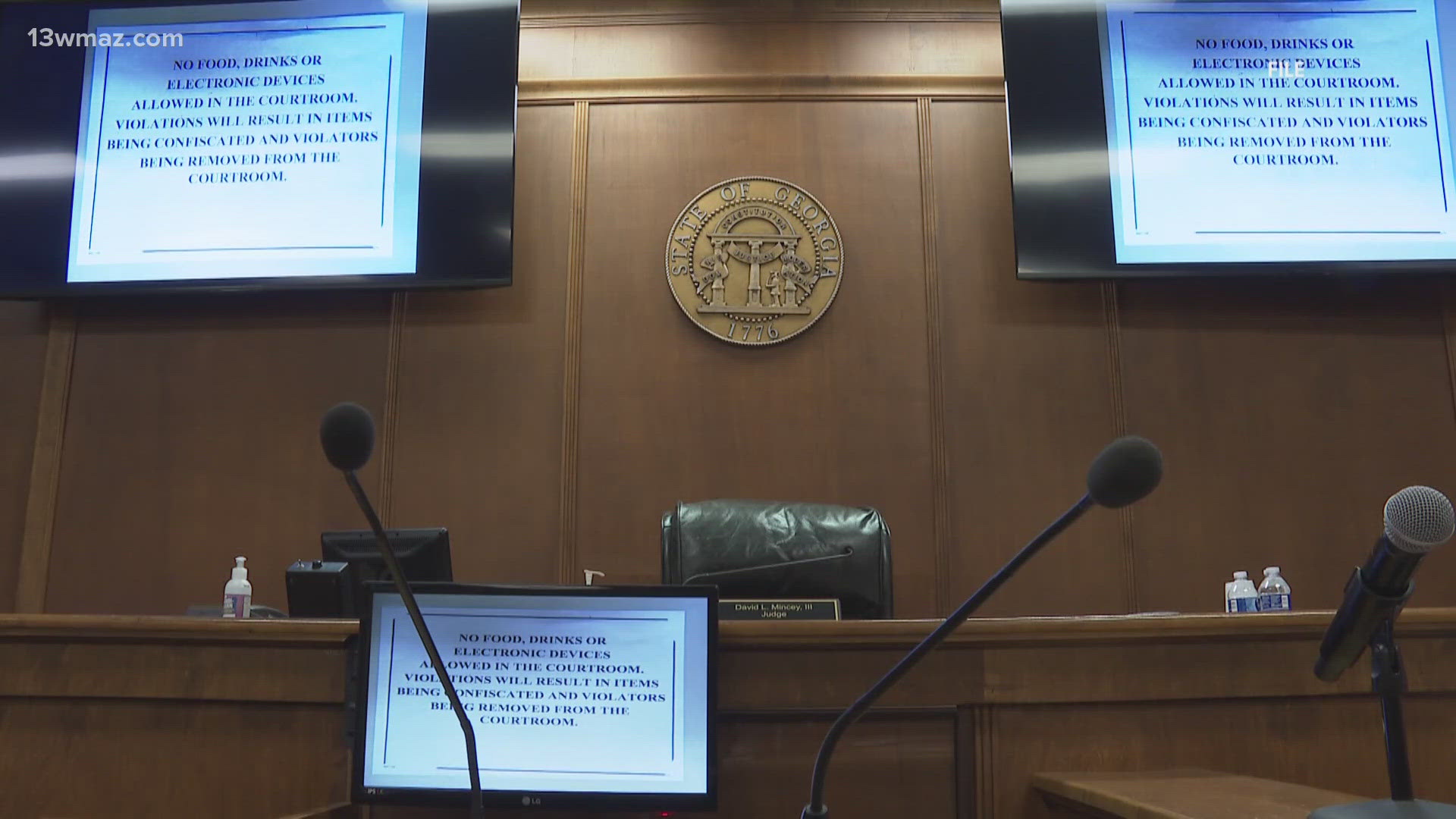MACON, Ga. — In another twist to the disqualification saga of two Bibb County Sheriff candidates, Ron Rodgers is asking a Bibb County Superior Court judge to step in.
An attorney for Rodgers asked a judge Monday to reverse Macon-Bibb County Board of Elections' decision to disqualify Rodgers on April 10.
It comes after the board accused Rodgers and another candidate, Marshall Hughes, of not getting fingerprinted and a background check by the deadline.
"The Elections Board's disqualification of Mr. Rodgers as a candidate solely based on the delayed timing of his fingerprint and background submission unfairly deprived voters of the opportunity to choose their preferred candidate," Rodgers' petition read. "Allowing Mr. Rodgers to stay on the ballot is necessary to ensure that voters have a meaningful choice and the electoral process remains fair and inclusive."
Rodgers and Hughes have been fighting for the past month to remain eligible in the race for Bibb County Sheriff.
On March 15, the Macon-Bibb County Board of Elections voted to challenge Hughes and Rodgers, and they informed the pair of their decision in a letter dated March 20.
Then, on April 10, the Macon-Bibb County Board of Elections voted 3-2 to disqualify Hughes and Rodgers.
Under Georgia law, candidates for sheriff have a few additional requirements that other candidates don't have.
Within three business days of the qualification period ending, Georgia law requires the candidates get fingerprinted and submit to a background check. According to the Macon-Bibb Board of Elections, Rodgers and Hughes didn't do that.
"It is the Board's understanding that you did not complete this requirement by the deadline and are therefore not qualified to hold the office of Sheriff," the letter reads.
But the attorney for Rodgers argues Georgia law is very clear: the board of elections needs to take the statute and interpret it "in a manner most favorable to the candidate facing disqualification."
While the deadline is crystal clear in the text of the statute, previous case law has instructed the courts to interpret that as a recommendation rather than a hard-and-fast rule. They say the intention of the law is not to disqualify candidates, but instead, its goal is to prevent criminals from serving as sheriffs.
Since Rodgers did get fingerprinted and met all other requirements for sheriff, his attorneys are arguing that the time limit is just an instruction, not grounds for disqualification.
"Ronald Rodgers is qualified to serve as Sheriff of Bibb County," the filing read. "Mr. Rodgers has been post certified for over 30 years. Mr. Rodgers has submitted to background checks and fingerprinting for over 30 years."
Other court cases have found that if not following the deadline doesn't cause any negative impacts, it should be considered "directory and not a limitation," according to case Barton v Atkinson.
"Mr. Rodgers' late submission of fingerprint and background paperwork did not cause harm or prejudice to the electoral process," his attorney argues.
But it is coming down to the wire.
The lawsuit was filed on Monday in Bibb County Superior Court exactly one week before early voting begins.
Rodgers' attorney asked for an "expedited" hearing because, otherwise, "Rodgers will be denied substantial rights and irreparably harmed."
The case is assigned to Superior Court Judge Philip Raymond, but as of Tuesday, no hearings are listed in the case's file.
Hughes' attorney says they've filed an appeal, but as on Tuesday, that lawsuit does not appear in a search of Superior Court filings.

